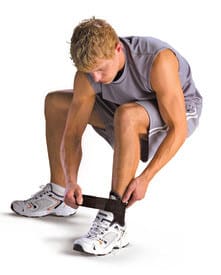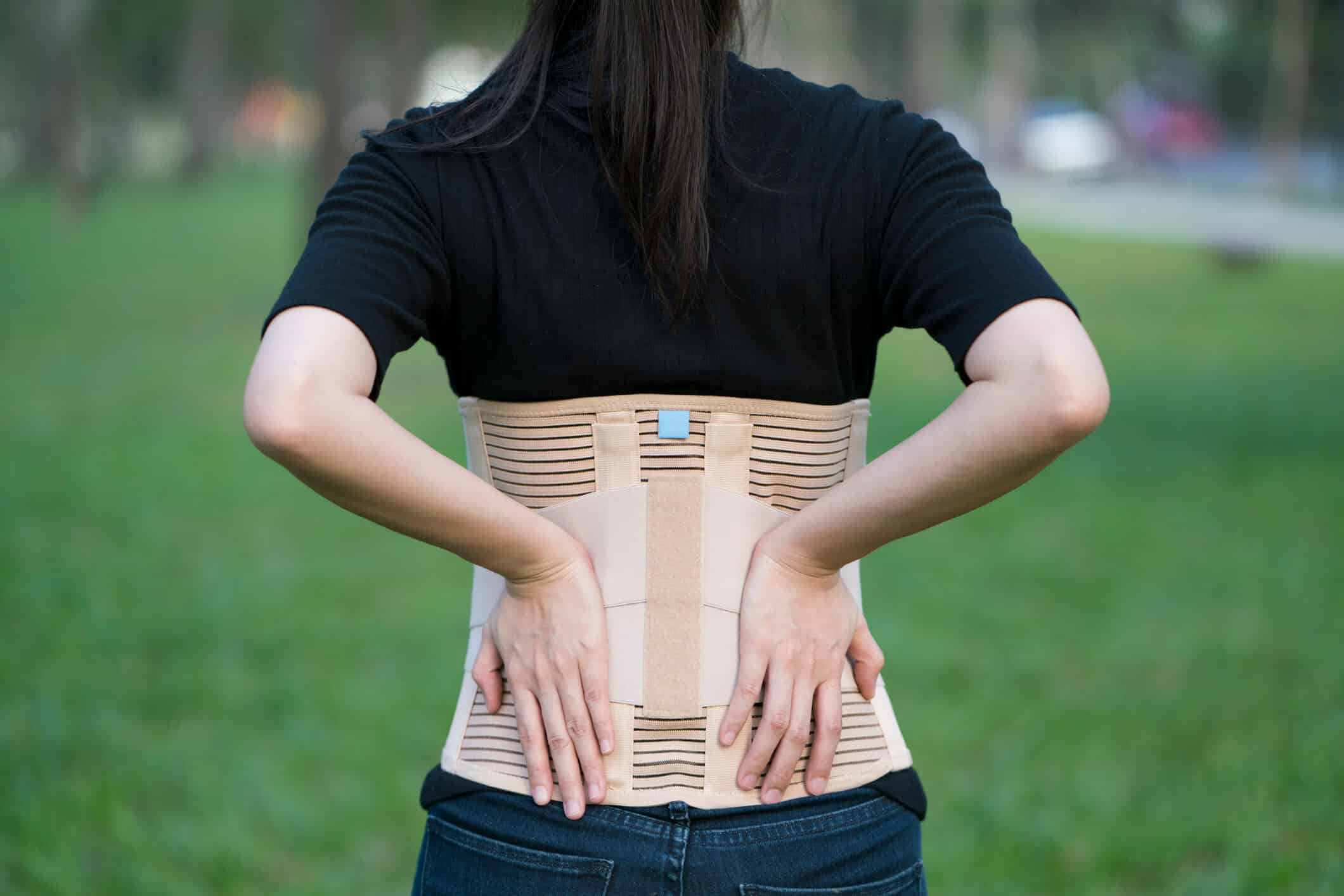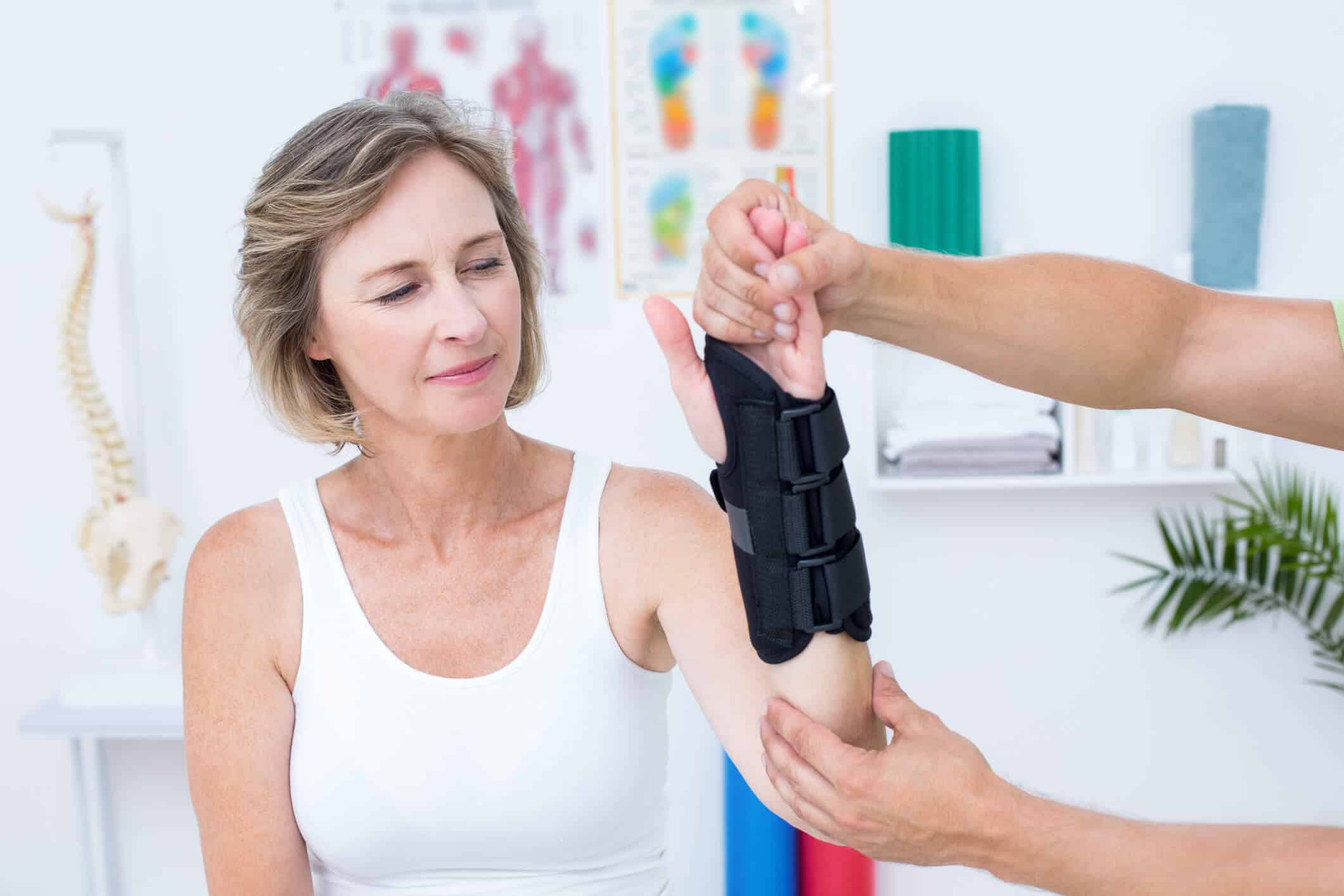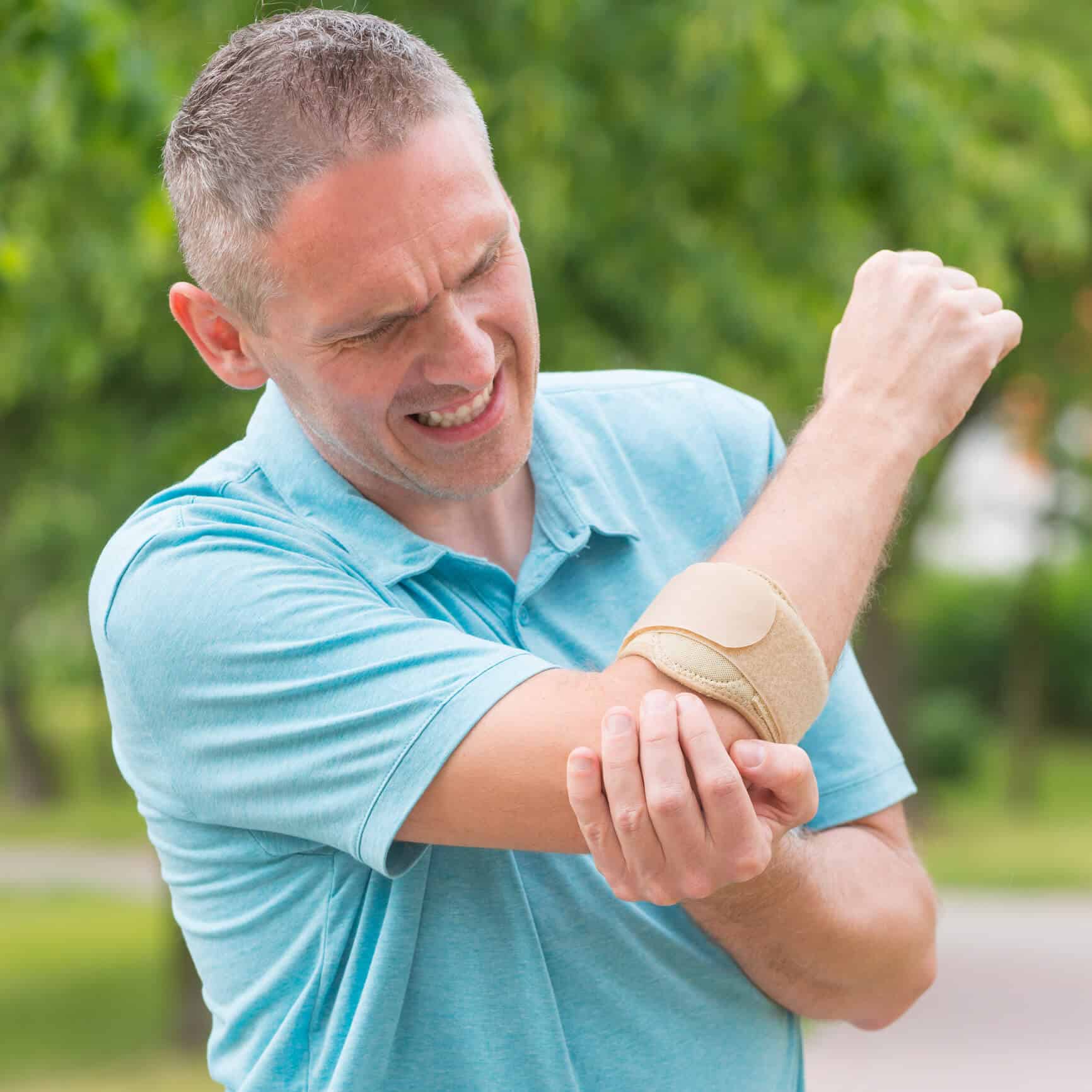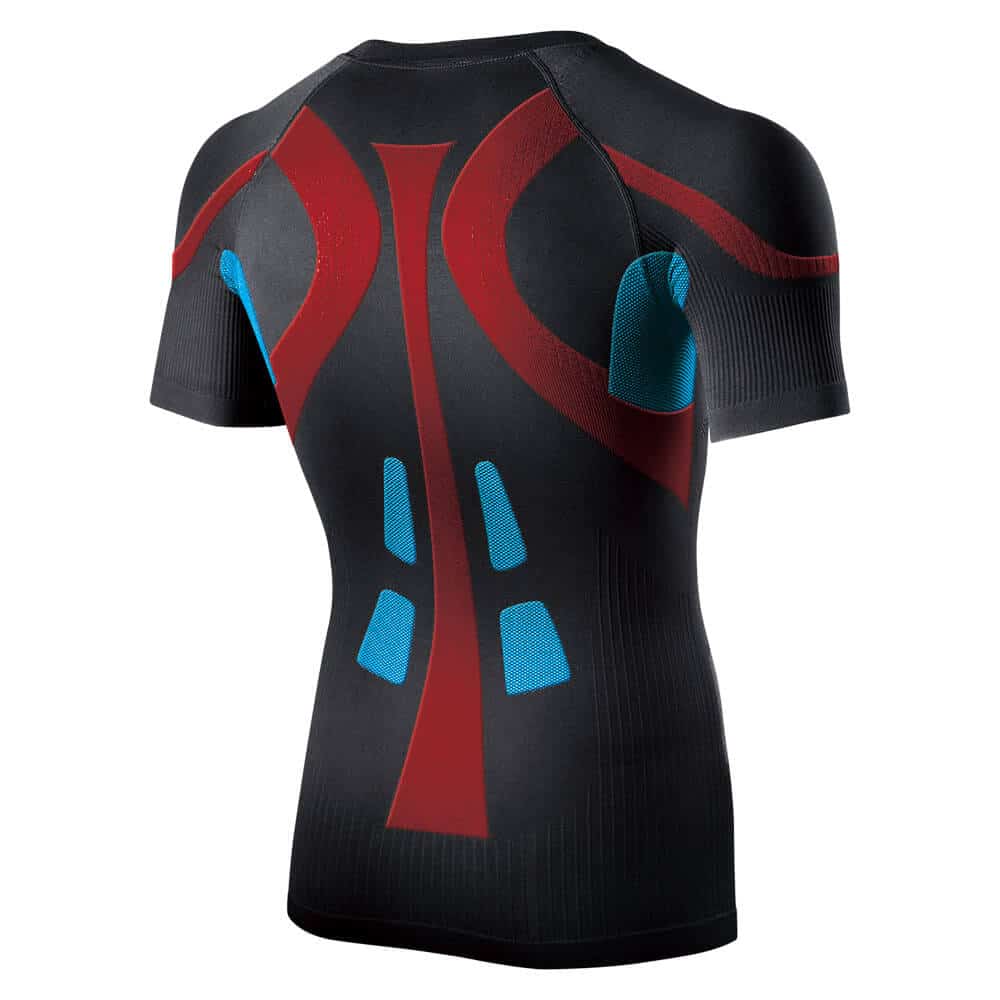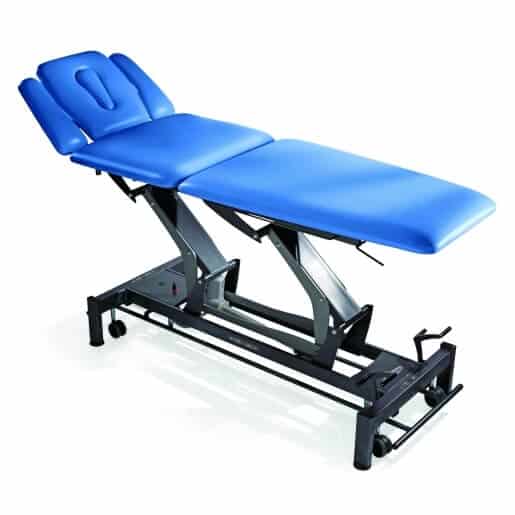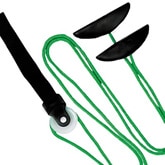As a practising physiotherapist, access to high-quality physiotherapy supplies is a must for your clinic. At Dunbar Medical, we possess valuable industry expertise and are proud to serve Canadian healthcare professionals in Toronto and across Canada with the medical supplies they need to run their businesses successfully. Indeed, we regard this as the core purpose of our business. In the next section, we look at 5 factors that can play a key role in the types of physiotherapy supplies your practice may need.
Determining Which Physiotherapy Supplies You Need: 5 Important Questions
Physiotherapy covers a wide range of services and often physiotherapists will choose to specialize in a specific field of treatment. It’s important that you understand what your primary objective is within your clinic and stock your supplies accordingly. To find out what supplies you may need for your practice, we suggest you ask yourself the following questions:
What Core Services Are Or Will Your Practice Be Offering?
Take a look at the types of clients you will be assisting inside of your clinic. Some of the most common types of physiotherapy practices are sports therapy, pediatric, orthopaedic, geriatric, women’s health and more. Depending on your clientele and their most common treatments, you may need to stock a certain supply.
What Types of Injuries You Are Treating?
Depending on your clientele there are often specific types of injury that are most common. Will your physiotherapy practice be handling only specific areas of injury or will you be dealing with a more broad spectrum of injuries and other treatments? There are many physiotherapy and medical supplies that are specifically designed for certain parts of the body that you may or may not need.
Does Your Practice Provide In Person or Virtual Healthcare?

Virtual healthcare (such as Telehealth) is becoming increasingly popular among medical practices of all types. If you’re providing these services it’s important you have the technology and software infrastructure to effectively and safely provide these services. However, if you’re providing in-person services there are additional supplies for the practice you should consider stocking. Personal Protective Equipment (PPE) such as gloves, face shields, masks and more are vital supplies to have in your office.
Telehealth allows patients to use digital and other modern communication technologies (such as tablet computers and mobile phones, for example) to receive health care treatment and advice remotely. It also allows healthcare providers to consult with other virtually in order to provide better care to their patients.
If you plan to Increase your reliance on services like Telehealth, this will have significant implications for the supplies you will need to efficiently run your clinic. You will for example have less need of PPE supples and treatment tables and will instead need to invest more in electronic technologies such as an electronic patient portal and health record systems.
In addition to this, you will also need to recruit and retain staff who are familiar with these systems and able to keep them running at all times.
Is Your Practice Multi-Disciplinary?
Many practices tend to offer additional therapies including massage therapy, chiropractic services and others. If your clinic offers more than one therapy, it’s important you have the medical supplies needed for each field of practice. Luckily, many of the medical products you need for your office will overlap naturally.
At Dunbar Medical, we offer competitive rates on wholesale medical supplies to save you time and money. We can provide your practice with the business solutions it needs to grow and flourish.
What Are Your Most Significant Revenue Driving Services?
If your resources are limited, it makes sense to focus on the physiotherapy supplies that are needed for the most popular and highest revenue-generating services in your clinic. These supplies should always be in stock to ensure that you can perform these jobs whenever needed. By buying wholesale medical supplies with Dunbar, you’ll always have what you need on hand and you can ensure you’re getting great prices on quality items.
Another great way to stretch your dollar is to identify supplies that are reusable in your practice, and supplies that can be used across a variety of treatment services.
At Dunbar Medical, we have a wide range of supplies that are suitable for any and all kinds of physiotherapy clinics. We carry supplies and equipment that are central to your practice, whether these may be treatment tables, orthopedic braces or anything else. Take a look at the most popular physiotherapy supplies that you should have for your clinic below. Don’t forget to consult our FAQ page or call 1-800-265-7126 if you have any questions.
As you browse this site to make your selections, please don’t hesitate to use our Product Comparison and Quotation Request Tools. This first allows to you to more clearly understand the differences between the products offered on this site, while the second provides an opportunity for you to submit lists of potential purchases and request competitive quotations. You may also find it useful to browse our complete price list shown here.
Physiotherapy Supplies – Typical Categories
Physiotherapists use a wide array of medical supplies to help their patients recover from injuries, manage chronic conditions, and improve mobility and strength. These supplies are crucial for diagnosing, treating, and preventing physical problems caused by illness, aging, disability, or injury. Below are some of the most commonly purchased medical supplies by physiotherapists:
1. Therapeutic Exercise Equipment
- Resistance Bands: Physiotherapists frequently use resistance bands to improve strength and flexibility. They are lightweight, versatile, and available in different resistance levels, making them suitable for various rehabilitation stages.
- Balance Boards and Stability Balls: These are used to improve balance, coordination, and core strength. Stability balls are often used for stretching and core stabilization exercises.
- Weights and Dumbbells: Small hand weights and dumbbells are often used for strengthening exercises, especially in rehabilitation programs for the upper body.
- Treadmills and Exercise Bikes: These are essential for cardiovascular rehabilitation and are often used to help patients improve endurance and overall fitness.
2. Manual Therapy Supplies
- Massage Creams and Oils: Physiotherapists frequently use massage therapy to release tension and improve circulation in muscles. Massage creams and oils reduce friction and allow the therapist to work on soft tissues more effectively.
- Hot and Cold Packs: These are used for thermotherapy, helping to reduce inflammation and promote healing. Cold packs reduce swelling and numb pain, while hot packs increase blood flow and relax tight muscles.
- Foam Rollers: Foam rollers are often used in self-massage (myofascial release) to reduce muscle tightness and improve flexibility. Physiotherapists may recommend these to patients for home use.
3. Electrotherapy Equipment
- TENS (Transcutaneous Electrical Nerve Stimulation) Units: TENS units are used to relieve pain by sending low-voltage electrical currents through the skin to stimulate nerves and block pain signals.
- Ultrasound Therapy Machines: These devices use sound waves to treat deep tissue injuries, promote healing, reduce inflammation, and alleviate pain. They are particularly useful for soft tissue injuries and joint pain.
- Electrical Muscle Stimulation (EMS) Devices: EMS devices stimulate muscle contraction through electrical impulses, which helps strengthen muscles, improve circulation, and reduce muscle spasms.
4. Supportive and Orthopedic Devices
- Braces and Supports: Physiotherapy supplies often include braces and supports to stabilize joints and muscles during recovery. Common types include knee braces, ankle supports, wrist braces, and back supports.
- Kinesiology Tape: This specialized elastic tape is used to support and stabilize muscles and joints without restricting movement. It helps reduce pain, prevent injury, and promote recovery by improving circulation and reducing inflammation.
- Orthotic Devices: Custom or prefabricated orthotic devices (insoles or shoe inserts) are often recommended by physiotherapists to correct foot alignment, improve gait, and reduce stress on the lower extremities.
5. Diagnostic and Assessment Tools
- Goniometers: Physiotherapists use goniometers to measure the range of motion in joints, such as the knee, elbow, or shoulder. These physiotherapy supplies help assess the patient’s flexibility and track progress over time.
- Dynamometers: These devices are used to measure muscle strength. A common type is the handheld dynamometer, which measures grip strength and can be used for other muscle groups as well.
- Posture Assessment Tools: Physiotherapists often use tools such as plumb lines or apps to assess patients’ posture. Correcting posture is critical in treating musculoskeletal issues.
6. Rehabilitation Aids
- Splints and Slings: Used in injury recovery, splints and slings immobilize or support injured limbs. Physiotherapists often recommend these to help stabilize fractures, sprains, or post-surgery recovery.
- Therapeutic Putty: This pliable putty is commonly used for hand therapy to improve grip strength, dexterity, and hand function. It’s often prescribed for patients recovering from hand injuries or surgeries.
- Exercise Balls (Therapy Balls): These large inflatable balls are used for core strengthening, balance, and flexibility exercises, often incorporated into rehabilitation programs to help patients regain functional strength.
7. Hydrotherapy Supplies
- Hydrotherapy Pools: Some physiotherapy clinics have access to hydrotherapy pools where exercises are performed in water. Water’s buoyancy supports the body, making movement easier and less painful for individuals with joint or mobility issues.
- Aquatic Therapy Equipment: This includes resistance dumbbells, pool noodles, and water treadmills, all designed to be used in water-based exercises that focus on rehabilitation and gentle muscle strengthening.
8. Mobility Aids
- Crutches, Walkers, and Canes: These mobility aids are commonly prescribed by physiotherapists to assist patients with walking, especially during the recovery phase of lower-limb injuries or surgeries.
- Wheelchairs and Rollators: For patients with more significant mobility challenges, physiotherapists may recommend temporary or long-term use of wheelchairs or rollators, which provide greater stability and independence.
9. First Aid Supplies
- Bandages and Wraps: Physiotherapists keep various types of bandages, such as elastic wraps and compression bandages, on hand to provide immediate support for sprains, strains, and other injuries.
- Antiseptic Solutions and Wound Dressings: These are necessary to clean and dress minor wounds or abrasions that occur during treatment or rehabilitation exercises.
10. Patient Education Tools
- Anatomy Charts and Models: Visual aids, such as anatomy charts and joint models, help physiotherapists explain injuries, conditions, and treatment plans to their patients, making it easier for patients to understand their rehabilitation process.
- Rehabilitation Software or Apps: Some physiotherapists use specialized software to track patient progress, provide home exercise programs, and offer educational resources. These tools help patients stay engaged in their recovery outside the clinic.
Conclusion
Physiotherapists rely on a diverse range of medical supplies to provide comprehensive care tailored to each patient’s specific needs. From diagnostic tools to rehabilitation equipment, physiotherapy supplies are essential in helping patients recover, prevent injury, and improve overall physical function. A well-equipped physiotherapist can offer more effective treatments, ensuring that patients achieve their health and recovery goals faster and more efficiently.




